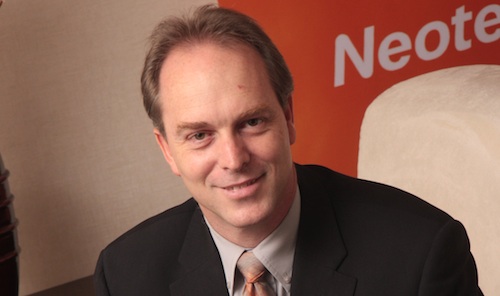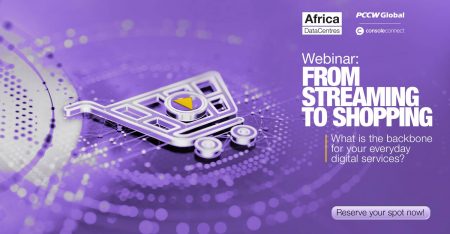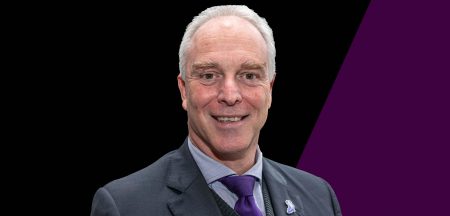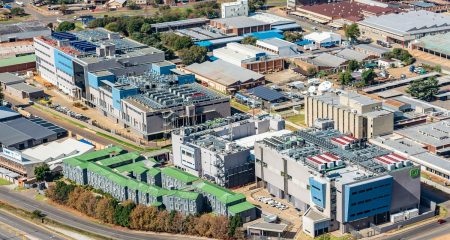[By Angus Hay]
For many people, the concept of geographic number portability (GNP) holds little meaning. This is because its benefits to consumers have not been clearly communicated. Also, for people who do have some idea of how GNP works, there is a sense that it benefits businesses rather than consumers. Some simply dread the assumed inconvenience of change. So, the idea of being able to change your land-line service provider without having to change your number seems less than exciting.
In fact, GNP, also known as fixed-line number portability, will finally give power over the telecommunications service provider market to the consumer — and it is hassle free.
It will allow South Africans easily to move from a fixed-line service provider they don’t like or that hasn’t — or can’t — give them the service they want, to one that can. That’s a freedom South Africans have never had.
They’ve had a taste of it with mobile number portability, but haven’t really exploited it, mostly because it’s easy and cheap to buy a new Sim card.
Changing your land-line number, however, feels more difficult because, usually, you has had it for a long time and most of the people who are important to you know it. And businesses have usually invested considerable sums in printing their land-line numbers on business cards and marketing material. So changing the land-line number is not just troublesome, it can be very costly.
The ability to change land-line service providers without having to change your telephone number is, therefore, profoundly important. It gives consumers the means to choose the rates and services they prefer. And it gives businesses the same choice without their having to incur unnecessary costs and potential loss of customers.
Because GNP will make it easy for users to change service providers, it will force fixed-line providers to tighten up their game — both in terms of their rates and the types and variety of services they provide. That will not only drive prices down, it will also force all land-line service providers to offer the full spectrum of services. South Africans will then have access to all the service choices that the Americans and Europeans have been taking for granted for many years.
All this will have the effect of refreshing our economy.
It’s vital, therefore, that public pressure ensures that the deadline of mid-2010 for implementation of GNP set by the Independent Communications Authority of SA (Icasa) is met. There is resistance by some of the important players in the market who fear loss of revenue from subscribers who move to other providers. It’s up to consumers to insist that they be given the choices that millions of people in the rest of the world have counted on for decades.
There is an argument being used by some of the service providers that introducing GNP without local-loop unbundling (LLU) doesn’t help the consumer and SA business all that much.
It is true that LLU is the last of the barriers to true telecoms competition in SA, because Telkom owns all the copper cable that has been laid to homes and businesses in the decades in which it has been the telecoms monopoly.
So, if a user wants to switch land-line service providers, the new service provider has to lay new cable to the user’s house or home. That’s not particularly difficult. It just takes time to schedule and then implement. For that reason, unless a subscriber chooses to move to a wireless (not to be confused with mobile) service, we’re not quite in the position of Americans and Europeans who can switch providers in the morning and have a new service in the afternoon.
LLU will address that by ensuring that what is known as the last-mile of existing cable can be used by any service provider and isn’t the sole property of one organisation.
In the meantime, however, GNP is within our grasp. It’s the second last step in the process of freeing up the market and, for the sake of the economy, everyone who has a land-line telephone needs to push government hard to activate it.
LLU will be the final step and is the logical outcome of GNP. But, to get LLU, we must get GNP first.
- Angus Hay is executive head of technology at Neotel
- Subscribe to our free daily newsletter
- Follow us on Twitter or on Facebook





